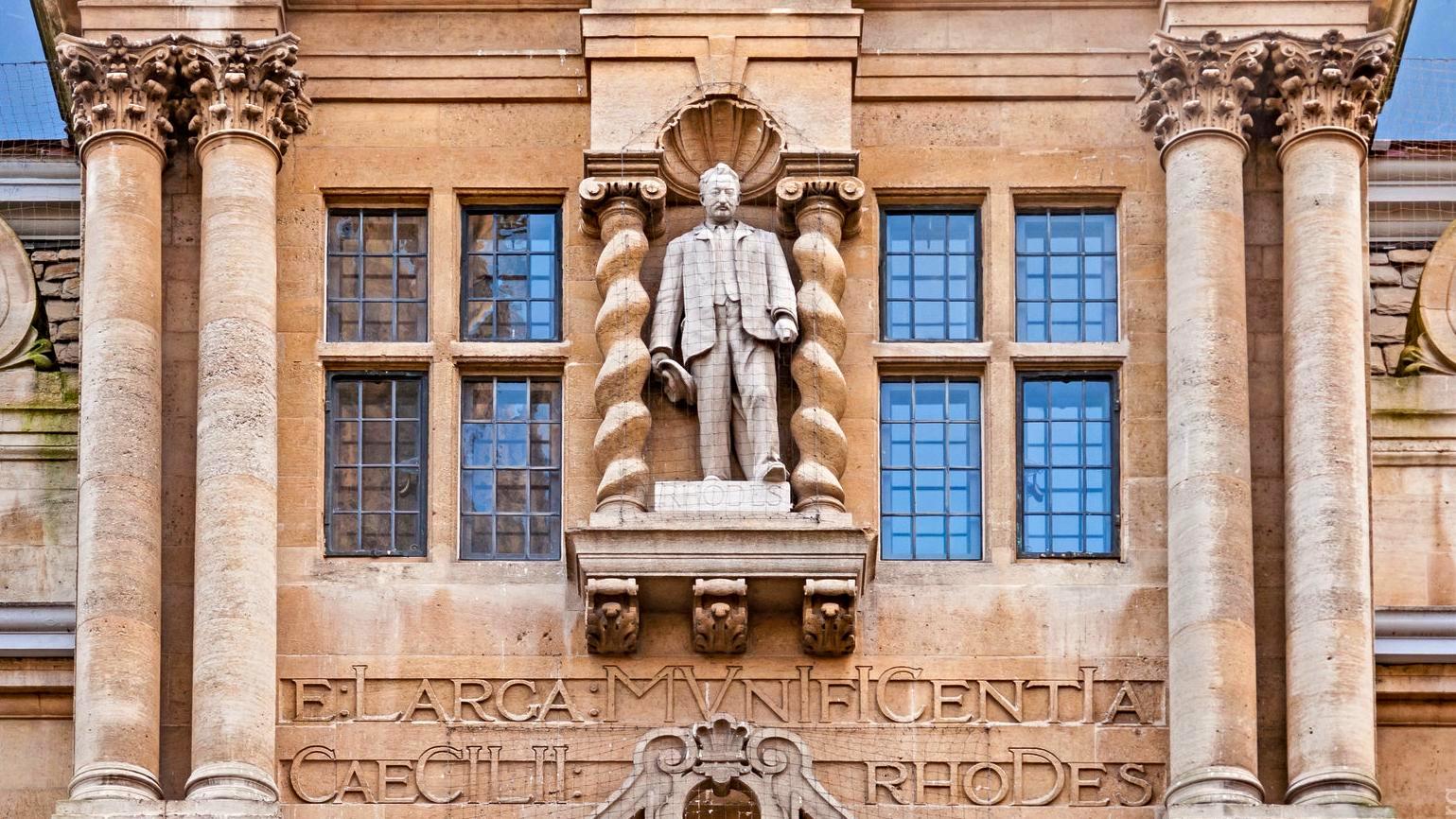At least 1 million people in West Africa are impacted by statelessness, with hundreds of thousands more at risk. While the 1954 and 1961 Statelessness Conventions offer a blueprint to address this crisis, states continue to manipulate citizenship laws for strategic benefit. As pressure to ratify human rights conventions often comes from within, Isabel Paolini examines the historic contexts of Nigeria and Côte d’Ivoire where progress has been made.
International human rights law grapples with an inherent and devastating paradox. Despite their purported universality, in reality human rights are produced and granted by states themselves. Nowhere is this tension more apparent than in the condition of statelessness – defined by the United Nation’s 1954 Convention as ‘a person who is not considered as a national by any State under the operation of its law.’
At least 1 million people in West Africa are impacted by statelessness, with hundreds of thousands more at risk. Statelessness in the region emerges from a number of causes, including discrimination against certain communities, gaps in nationality legislation, hostile administrative practices, conflicting nationality laws between states and the non-recognition of populations resulting from independence or annexation. Colonial legacies have further polemicised the question of national identity, framing rights and citizenship along dichotomies of what have become known as allogène-autochthone/settler-indigene (‘to be from the soil’/‘stranger’). Ethnic membership, in particular, has played a decisive role in the denial of citizenship, especially in states where nationality is derived from jus sanguinis (those born citizens) rather than jus soli (birth on the territory).
The 1954 and 1961 Statelessness Conventions, promoted most recently through the UNHCR’s #IBelong campaign, offer promising solutions to address and prevent statelessness in West Africa. My research has sought to uncover factors that drive states’ ratification of the conventions, asking: how are states driven to accept international legal obligations to uphold the human rights of the stateless? What happens when these obligations come up against traditionally disenfranchising and discriminatory practices?
Contemporary scholarship largely recognises the ratification of human rights treaties as an affirmation of adherence to democratic norms, or as a superficial signalling device of authoritarians. In examining instances of ratification in West Africa, however, I sought to investigate the sociological phenomena at play – examining how polarised identity and citizenship structures can catalyse structurally-transformative events. I use William Sewell’s theory to examine instances of civil violence – phenomena intrinsically linked to notions of citizenship, belonging and national identity – as events capable of rupturing social structures of belonging, which prompt us to rethink the socio-political structures that facilitate the ratification of the Conventions.
Statelessness and conventions in Côte d’Ivoire
Côte d’Ivoire’s arbitrary citizenship regime constitutes one of the ‘most restrictive schemes for conferral of nationality in West Africa.’ Making nationality tantamount to autochthony, policies known as ivoirité alienated millions and transformed identity into something to be contested. Such discriminatory policies characterised approximately 30% of the population as ‘foreign’ and precipitated substantial statelessness.
In October 2013, however, Côte d’Ivoire ratified the Statelessness Conventions, which I argue arose from 2010-11 post-election violence that catalysed reform of these identity-based discrimination structures.
The 2010-11 inter-communal violence was sparked by the election of Alassane Ouattara, which represented a radical empowerment of a ‘foreigner’ and the national shift towards democracy, and galvanised structural, societal shifts. There was a direct correlation between Ivorian structures of exclusion and violence. This civil conflict revealed the unsustainability of the country’s nationality laws, generating the demand for novel, inclusionary structures and an unease of those deemed draconian and exclusionary.
Questions of statelessness were central to the country’s systemic inter-communal violence, with reform to fractured structures of nationality and identity the crux of Ouattara’s strategy to mitigate such violence. Because the 2010-11 events emerged from structural foundations entrenched in polemic contestations over citizenship, ratifying the Conventions became a necessary, symbolic tool of national reunification and structural re-articulation. Ouattara asserted:
‘the political crisis that overcame our country and led to armed conflict in September 2002 brought to the agenda the question of the abnormally prolonged alien status of certain populations who, despite having totally integrated into the Ivorian social fabric and consider themselves as Ivorians, remain as a matter of law non-nationals, but without having another nationality.’
Nigeria’s nationality legislation and inter-communal violence
Nigerian socio-political structures of indigeneity have also created inter-communal hostility, which civil conflicts over decades have highlighted as in need of reform. Due to the lack of formal legislation or statutory citizenship definitions, the right to be Nigerian has been epitomised by certificates of indigeneity which, analogous to Côte d’Ivoire, is a nebulous system manipulated by Nigerian politicians that fuels further conflict. Non-indigenes are thus condemned to an ‘effectively stateless’ position, forging similar barriers as ivoirité to belonging and citizenship rights.
This tension peaked following the election of Goodluck Jonathan in 2011. Similar to Ouattara’s election, Jonathan’s contested victory breached traditional identity structures and catalysed a wave of inter-communal violence. As a minority Ijaw Christian from the majority-Christian south, his presidency undermined the traditional ‘zoning’ agreement in which the majority-Muslim north and majority-Christian south took turns assuming office. Following his election, protests in the Kaduna and Plateau states escalated into identity-based violence, ultimately displacing over 65,000 people.
As discriminatory nationality policies contributed to this violence, the new regime needed to re-articulate social structures governing citizenship status. The ratifications of the Conventions were, therefore, integral components of these executive-level structural reforms to heal sectarian social rifts, and they embodied Nigeria’s normative socialisation to provide broader recognition and protection for the stateless. Nigeria’s submissions to the Ministerial Conference on Statelessness reveal these domestic stability-related motivations: ‘Based on its security context, Nigeria indicated that identity and citizenship lie at the heart of its national concerns…. identity is a national priority.’
Resolving statelessness is an urgent mission – both to protect the human rights of the world’s most vulnerable and to maintain regional peace and security. The disenfranchisement and persecution of stateless persons sparks tension between communities, exacerbated by the devastating colonial legacy in Africa which has grounded conceptions of citizenship in ethnicity, belonging and land. As the ACHPR asserts:
‘The refusal to grant nationality… has been the root of conflicts that have engendered some of the most serious human rights violations this continent has experienced over the last decade.’
Examining the factors motivating the Conventions’ ratifications teaches us about how the international community can expand ratification, not only to end the contemporary crisis of statelessness but also to prevent avoidable regional conflicts.
Photo: Thousands Start Afresh in Niger After Fleeing Nigeria. Credit: UNHCR / H. Caux / January 2014.





